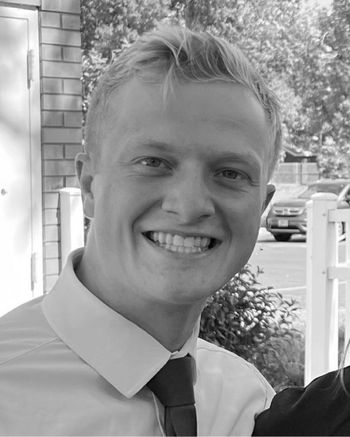Profs criticize 'adultism,' 'white supremacy,' and 'objectivity' in developmental psychology
'Adultism' was defined as the '[s]ystemic/interpersonal exclusion of youth from decisions that impact their lives' by panelist and University of Illinois Chicago professor Josefina Bañales.
The second panelist, Brandon Yoo of Arizona State University, insisted on beginning his presentation by 'sharing [his] positionality and identities,' stating that these are 'very important' and 'shape [his] research.'
On Feb. 1, the Society for Research in Child Development (SRCD) hosted a panel that involved criticisms of “adultism,” “white supremacy,” and “objectivity” in the field of psychology.
“Adultism” was defined as the “[s]ystemic/interpersonal exclusion of youth from decisions that impact their lives” by panelist and University of Illinois Chicago (UIC) professor Josefina Bañales.
Bañales expanded on this concept, saying it “[e]xcludes youth from the opportunity to speak about their own racialized experiences, their own ways that they’re navigating the world” because psychology was developed by “white adults.”
She went on to suggest antiracism as a preferred framework for the psychology of youth development. The reason, Bañales explained, is because “[p]sychology is rooted in white supremacy.”
“Psychologists have perpetuated white supremacy. In our field, developmental scientists, primarily cis-heterosexual white men, have extracted the knowledge, the expertise, the wisdom from racially and ethnically minoritized communities,” she added.
[RELATED: Math association says math ‘inherently carries human biases,’ citing Critical Race Theory]
In Bañales’ view, these problematic aspects of traditional developmental psychology can be counteracted by what she calls “Youth-Led Antiracism Research,” defined as developmental research “with youth” as opposed to “on youth.”
This approach would hinge on three research principles, including “[c]enter[ing] the voices of racially/ethnically minoritized youth,” “[a]ctively collaborat[ing] with youth to create programs that are grounded in youths’ experiences,” and “[i]ntentionally work[ing] with youth to use research to promote racial justice for youth in their communities.”
The second panelist, Brandon Yoo of Arizona State University, insisted on beginning his presentation by “sharing [his] positionality and identities,” stating that these are “very important” and “shape [his] research.”
”I’m a 1.5 generation Korean-American, Asian-American, cisgender, straight, and able-bodied,” he declared. “I recognize here that there are privileges in these identities that would no doubt shade how I’ve discussed CRT,” he went on to emphasize.
Yoo’s presentation centered on critical race theory (CRT) and its application to “Asian American Youth and Families.”
During his presentation, Yoo asked rhetorically, “So why did I choose CRT for my work?”, answering that he “found that our current lived experience with race and racism are inextricably intertwined with our history and absolutely necessary to include in our research.”
[RELATED: STUDY: Transgender parents unwilling to label children’s gender identities]
Yoo added that he also found the notion of “objectivity” in his work “limiting when examining race and racism,” and that it created “blind spots” in his work due to not adequately considering his “positionality.”
In his research, Yoo said he has also “appreciated the writings and suggestions of QuantCrit that incorporate CRT and offers critical guidance on how to work with quantitative data.”
QuantCrit is a recent application of CRT principles to statistics, the principles of which include “the centrality of racism,” that “numbers are not neutral,” and that “categories are [not] natural.”
Campus Reform continues to track the growing influence of CRT, intersectionality, and related leftist ideologies on STEM fields.
All parties mentioned in this story were contacted for comment. It will be updated as needed.

